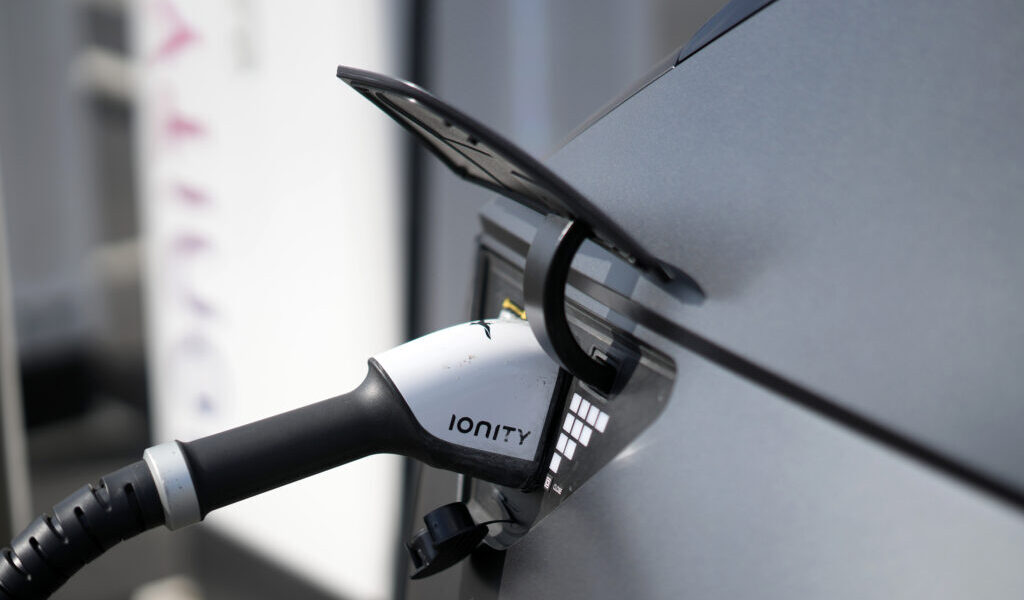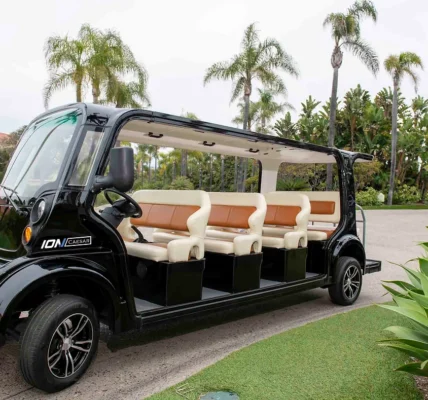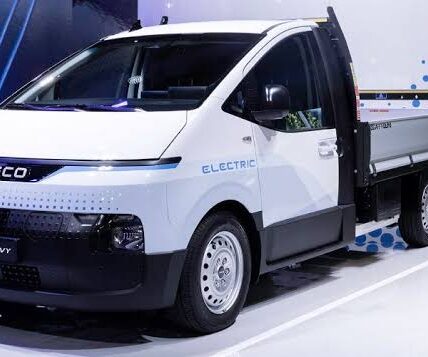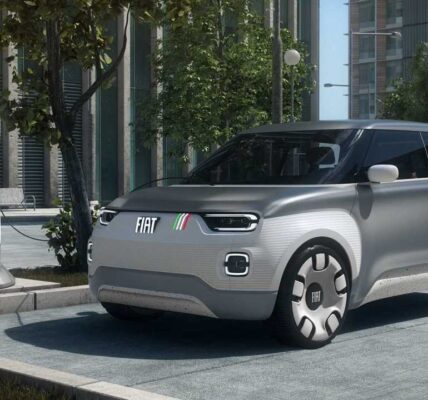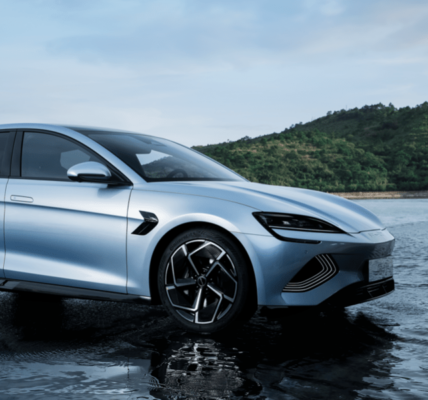LONDON — Britain and the EU finally stopped beefing over Brexit — and electric carmakers want them to use the love-in to swerve an oncoming trade “cliff-edge.”
Fresh from resolving the post-Brexit deadlock over Northern Ireland trade rules, industry hopes have been raised that the two sides can start hammering out a plan to stop carmakers being clobbered by new tariffs at the start of 2024.
Four people familiar with conversations told POLITICO that Britain and the EU are now — tentatively — talking at an official level about the problem, which centers on so-called “rules of origin” requirements under the U.K.-EU Trade and Cooperation Agreement (TCA). Carmakers say they need much more clarity on the help they can expect, and fast.
Under a temporary waiver in the TCA, up to 70 percent of an electric battery’s components can come from outside the U.K. or EU before tariffs kick in.
But that threshold will plummet to 40 percent on January 1, 2024 — meaning vehicles exceeding this limit will be slapped with a 10 percent levy when traded between the EU and U.K.
It’s part of a bid by both sides to boost their homegrown electric vehicle industries and reduce reliance on Chinese imports.
Yet carmakers say they’re not ready, and are pushing hard for more time.
“You would hope a degree of common sense prevails,” said Mike Hawes, chief executive of British automotive lobby group the Society of Motor Manufacturers and Traders (SMMT), “because it looks like the industry on both sides of the channel will be unable to meet those rules of origin around the battery packs.”
Top European automotive lobbyist Sigrid de Vries, director general of the European Automobile Manufacturers’ Association (ACEA), wants the Commission to strike a deal to extend the phase-in period for battery production rules of origin beyond January 2024. In her view “the European battery industry is simply not taking off quickly enough to keep in line with more restrictive rules.”
“Given the recent spike in prices of raw materials — which make up most of the non-European content of a battery — it is becoming increasingly challenging to meet the rules of origin for batteries,” she added. “If the batteries do not meet the rules, then it is virtually impossible that the electric car itself will, as batteries make up 30-45 percent of the total price of an electric car.”
EU member states are also ramping up the pressure on Brussels. The phase-in for the rules around electric vehicles “helps ensure trade can continue, but may not be long enough,” said Fabienne L’Hoost, director general of the Belgian Foreign Trade Agency. Belgium is the EU’s second-largest automotive exporter to the U.K. behind Germany.


